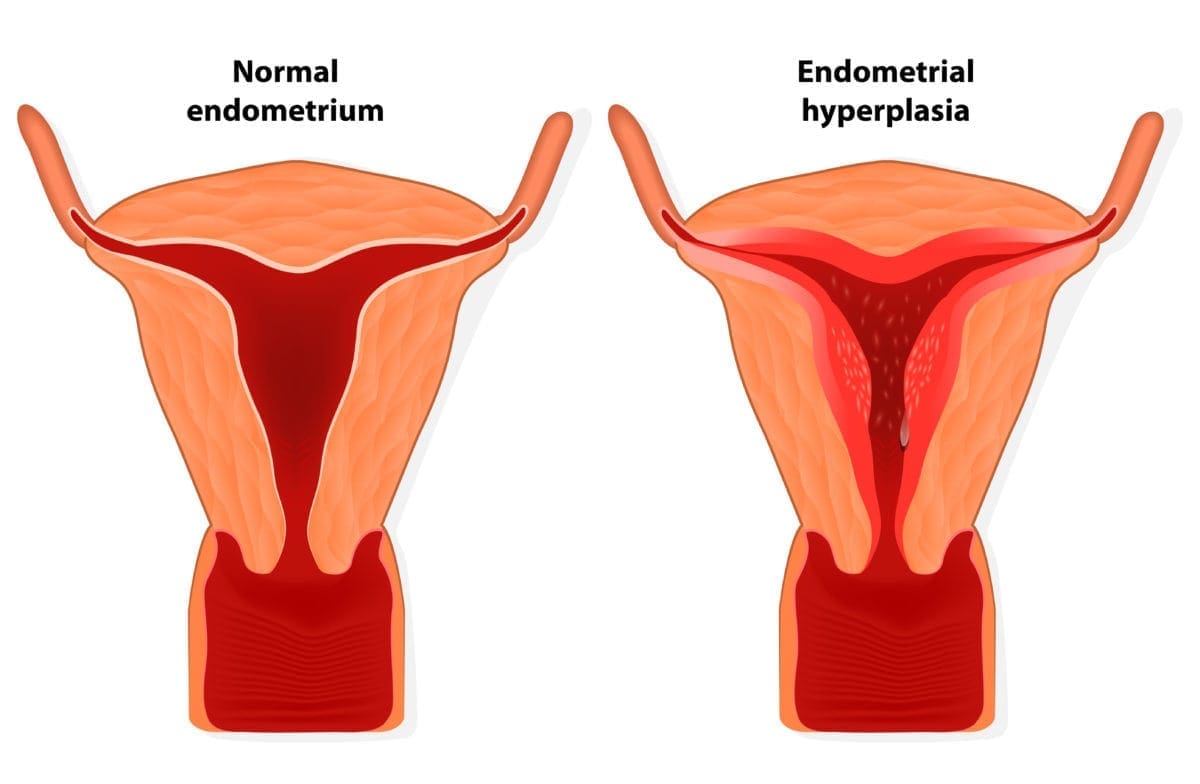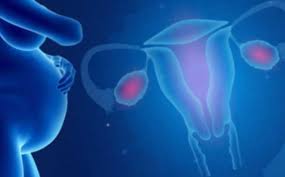Endometrial Hyperplasia: Causes, Symptoms, Prevention, and Fertility Considerations
Endometrial hyperplasia is a condition characterized by the abnormal thickening of the lining of the uterus, known as the endometrium. This condition can occur when there is an imbalance of estrogen and progesterone hormones, leading to excessive growth of the endometrial tissue. Endometrial hyperplasia can manifest in various forms, ranging from mild to severe, and can have implications for fertility and overall health.
Causes and Risk Factors: The root causes of endometrial hyperplasia are often linked to hormonal imbalances, particularly an excess of estrogen relative to progesterone. This imbalance can be caused by various factors, including obesity, polycystic ovary syndrome (PCOS), menopause, certain medications, and potentially genetic factors.
Symptoms and Diagnosis: The symptoms of endometrial hyperplasia can vary depending on the severity of the condition. Common symptoms include abnormal uterine bleeding, such as heavy or prolonged periods, bleeding between periods, or postmenopausal bleeding. Other symptoms may include pelvic pain or pressure.
Diagnosis of this condition is typically done through a combination of medical history, physical examination, and diagnostic tests. These tests may include transvaginal ultrasound, endometrial biopsy, and hysteroscopy.
Treatment and Management: Treatment for endometrial hyperplasia depends on the severity of the condition and the individual’s reproductive goals. Mild cases may resolve on their own or with hormonal treatment to balance estrogen and progesterone levels. For more severe cases or cases with a higher risk of developing endometrial cancer, treatment may involve hysterectomy or progestin therapy.
Prevention: While endometrial hyperplasia may not always be preventable, there are steps individuals can take to reduce their risk or manage the condition:
- Maintain a Healthy Weight: Obesity is a risk factor for hormonal imbalances that can lead to endometrial hyperplasia. Maintaining a healthy weight through diet and exercise can help regulate hormone levels.
- Hormonal Birth Control: Women who are at risk for endometrial hyperplasia may benefit from hormonal birth control methods, such as birth control pills or hormonal IUDs, which can help regulate hormone levels and reduce the risk of abnormal endometrial growth.
- Regular Exercise: Regular physical activity can help regulate hormone levels and contribute to overall health, which may reduce the risk of endometrial hyperplasia.
- Healthy Diet: A diet rich in fruits, vegetables, whole grains, and lean proteins can help maintain hormonal balance and overall health.
- Avoid Unnecessary Estrogen: Avoiding unnecessary sources of estrogen, such as hormone replacement therapy without progesterone, can help reduce the risk of endometrial hyperplasia.
- Regular Check-ups: Regular gynecological check-ups can help detect and treat endometrial hyperplasia early, reducing the risk of complications.
Fertility and Pregnancy Considerations: Women with endometrial hyperplasia may experience difficulties conceiving due to hormonal imbalances and abnormal endometrial growth. However, depending on the severity of the condition and individual factors, some women may still be able to conceive naturally. For those facing challenges with natural conception, assisted reproductive technologies such as in vitro fertilization (IVF) can offer alternative paths to pregnancy.
In conclusion, endometrial hyperplasia is a condition that requires careful management and monitoring, especially for women seeking to conceive. By understanding the causes, symptoms, prevention strategies, and treatment options available, individuals with endometrial hyperplasia can work with their healthcare providers to address their specific needs and achieve optimal health and fertility.
For any of your infertility problems, please do not hesitate to contact us. At Fertility Solutions we pride ourselves with the excellent tailored personal care we provide to our patients for their specific needs. A team member will contact you as soon as we get your message, and construct a personal treatment plan for your fertility problems in the country of Cyprus. You can also contact our clinics directly through the links below.
Cyprus Crown IVF Contact: https://en.cypruscrownivf.com/contact
Cyprus American IVF Contact: https://www.cyprusamericanivf.com/contact-us/
Dr. Halil Ibrahim Tekin (Dr. HIT) Youtube: https://www.youtube.com/@dr.halilibrahimtekin1715
Cyprus American IVF Youtube: https://www.youtube.com/@AmerikanTupBebekMerkezi




